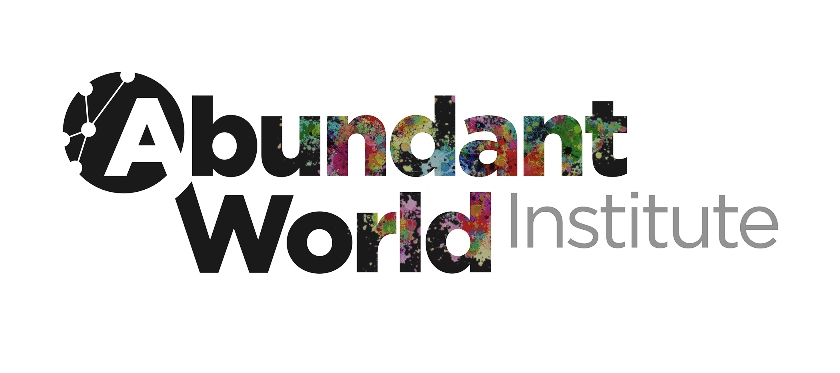What do you believe is the single greatest threat to the survival of humanity? The possibility of artificial intelligence taking over the world? Extreme climate change? Nuclear war? Global pandemic? Asteroid impact? Or is it something that’s never occurred to us—perhaps something we might even think of as innocuous, harmless, or even beneficial? Something like … sustainability. Sustainability? Yes, actually. Sustainability. And the fact that nobody ever guesses this one is precisely why we’re all in for a very rude awakening.
Somehow, we have become convinced that sustainability is the answer to responsibly managing our dwindling resources—after all, it’s just common sense, right?—when in reality, it actually constitutes our greatest peril. By far. Far more than the possibility of climatic disruption, job-killing robots, or even nukes. Here’s why.
Every imagined catastrophic event that could spell our collective doom shares a common underlying cause: the ever-growing demand and competition for ever-shrinking resources. In other words, scarcity. Think about it. Scarcity is an extraordinarily powerful two-edged force that not only gives rise to wars, but also happens to be a source of tremendous profits. Scarcity is big business, and it is perpetuated—indeed sustained—by the tools of economics. But the global response to the problem of scarcity—well-meaning programs of conservation and sustainability—only ensures its continued dominance in the world. In the end, sustainability serves to reinforce the value of scarce commodities. But there’s another problem: sustainability is actually not sustainable.
The fact is, we’re going to need a whole lot more of everything, and we’re going to need it soon. By 2050, we’re going to need at least twice as much as we consume today. Twice as much water, twice as much food, twice as much energy, twice as much land, twice as much healthcare, twice as much education. No amount of conservation or design for sustainability will ever be sufficient to meet the overwhelming demands that we continue to lay upon Spaceship Earth.
We are rapidly approaching the point on the graph where the demand for resources takes a giant hockey stick turn upward, shooting above and beyond the line that plots the slowing growth rate of available resources. And if demand is growing at an exponential rate against limited, linear supply, then sustainability runs out of gas pretty fast. It doesn’t take a rocket scientist—much less an economist—to forecast this obvious outcome and the global crisis it will precipitate.
Sustainability and conservation, then, ultimately amount to nothing more than straightening pictures on the wall of a burning building. Worse, the attempts to push out that dreaded point of divergence stall the development of the solutions that can actually solve these looming problems now. Indeed, a sustained mindset of sustainability will only hasten the crisis.
We have to create more of what we need rather than consume less of what we have. And to do that, we’re going to have to adopt a fundamentally and radically different way of thinking and operating. For starters, we need to acknowledge that the consequences of a global economy driven by scarcity are not just to be found in some far-off future—we’re living with them now. Billions of people are without basic education, safe water, adequate nutrition, or access to healthcare. For many, famine, war, and pestilence are always close at heel. Indeed, the conditions for the bottom billion in this world are already catastrophic.
So how, then, will we get these “nonexistent” resources? The only way we can get them—through creative destruction, the massive disruption of the status quo, and a deliberate blowing up of the established means of resource acquisition, production, and allocation. More to the point, they’ll come through a historic convergence of three powerful forces:
- The impending bankruptcy of an unsustainable scarcity-driven economy.
- Technology that is advancing on an exponential scale.
- The rise of an entirely new class of entrepreneurs who will be the principal drivers of the coming disruptions.
This convergence—unprecedented in human history—will upend every notion we have about our civilization: how we live, where we live, how we work, how we get around, how we interact, even what we are. And all of these outcomes will be realized by the ushering in of a previously unknown kind of economy—an economy of abundance. An economy whose very basis lies in sharp contrast to everything that’s being peddled to and simply taken for granted by a naïve public.
—
This post is excerpted from the book, Moonshots—Creating a World of Abundance.

